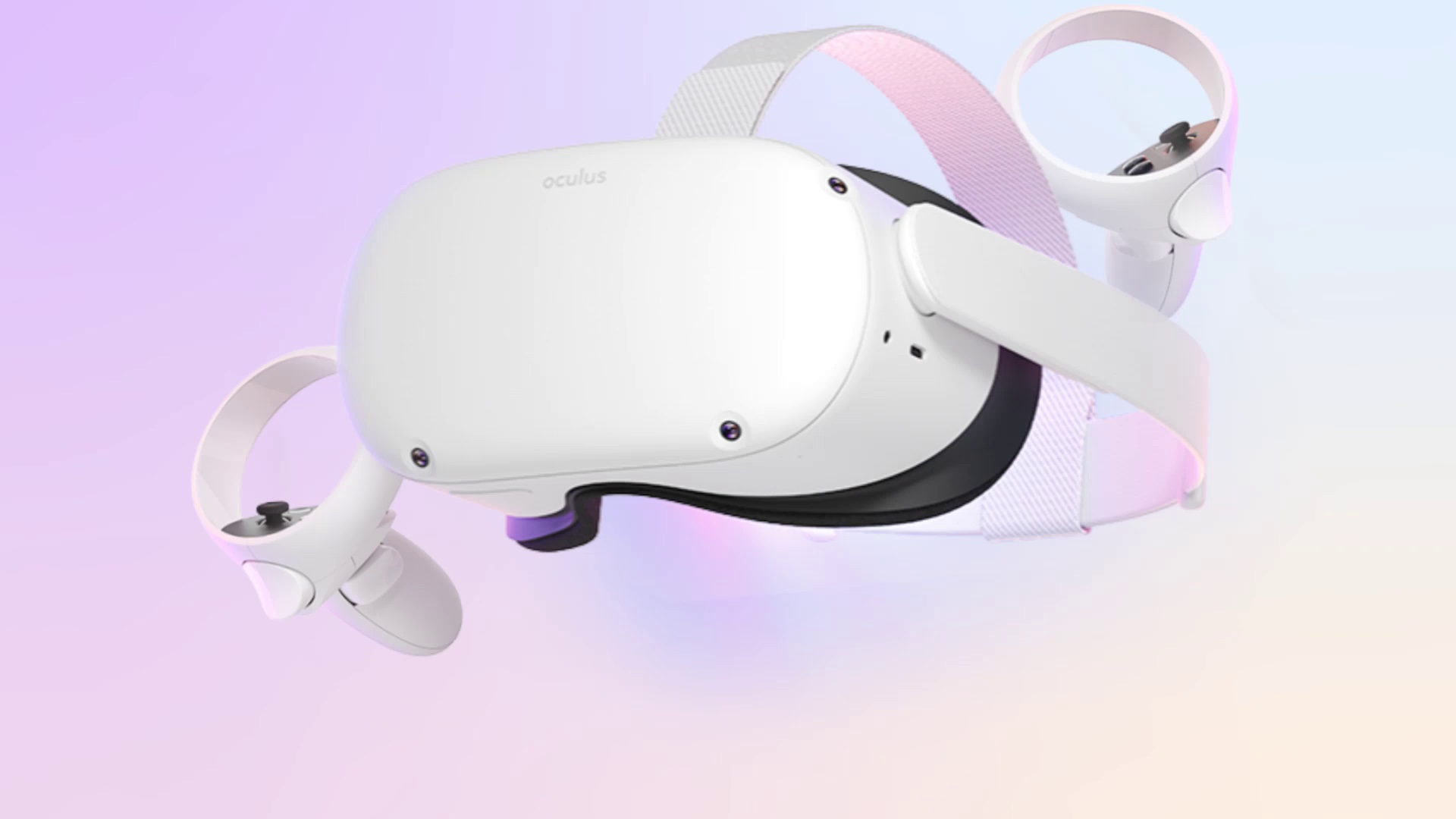
While the Oculus Quest 2 remains at the top of our best VR headsets, it's not without its shortcomings. The strap can be flimsy, the base storage can feel limiting and the included foam face mask can get uncomfortable over time.
It seems that Facebook had been listening to user feedback about the Oculus Quest 2. It's pausing sales of the standalone VR headset to make some changes.
- Try the best Oculus Quest 2 games
- These are the best VR headsets
- Plus: Dell just canceled Alienware gaming PC orders in six US states
As stated in a Facebook blog post, the Oculus team had heard reports of a small number of users reporting skin irritation caused by the foam face cover.
"While the rate of reports is small and the majority of reported cases are minor, we’re committed to ensuring our products are safe and comfortable for everyone who uses them," said Andrew Bosworth, head of Facebook Reality Labs in a blog post.
Along with the new silicone covers, Facebook will also bump the storage in new Oculus Quest 2 units. Base models will feature 128GB of storage instead of 64GB. The price will remain the same at $299.
Facebook has decided to give free silicone covers to all customers globally, in a voluntary recall in conjunction with the U.S. Consumer Product Safety Commission and Health Canada. Facebook is aiming to include the new silicone face cover, which affixes over the existing foam cover, starting on August 24. Customers can request the new silicone covers via Oculus' recall website. This also includes those that bought the Oculus Fit pack.
"We promptly conducted a thorough investigation including receiving advice from leading dermatologists and toxicologists," said Bosworth. "These experts have advised that skin irritation can occur in some segments of the population from many household items — even things like tomatoes or shampoo — and that the rates we’ve seen are in line with expectations."
Sign up to get the BEST of Tom's Guide direct to your inbox.
Get instant access to breaking news, the hottest reviews, great deals and helpful tips.
Facebook's investigation found that the current foam covers do not contain hazardous materials.
The change to silicone is welcome news, as foam is a porous material that can absorb sweat and grime. Cleaning it then becomes a more involved process. While Facebook recommends only using antibacterial wipes, that alone likely isn't enough to get deep into the foam. Some VR YouTubers recommend cleaning the face mask with a soaked soapy cloth.
Imad is currently Senior Google and Internet Culture reporter for CNET, but until recently was News Editor at Tom's Guide. Hailing from Texas, Imad started his journalism career in 2013 and has amassed bylines with the New York Times, the Washington Post, ESPN, Wired and Men's Health Magazine, among others. Outside of work, you can find him sitting blankly in front of a Word document trying desperately to write the first pages of a new book.

